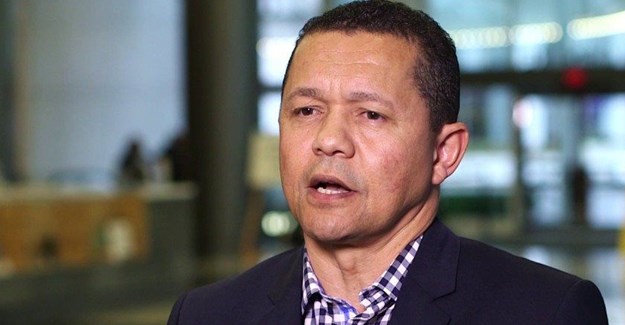The second wave of COVID-19 in the Western Cape has begun its slow and gradual decline. Premier Alan Winde and provincial Department of Health Head, Dr Keith Cloete, hosted briefing on Tuesday, Jaunary 19 on the strategies to manage and curb the virus.
“There has been a 21% week-on-week drop in new COVID-19 cases as the second wave has declined,” Cloete said.
More tests are being conducted at facilities and the great news is most of these tests show negative results over positive, and this is “a good sign”.
Temporary field tents have been commissioned at the following hospitals:
– Khayelitsha
– Wesfleur
– Eerste River
– Helderberg
– Karl Bremmer
– Brackengate
These facilities have field tents set up to ensure a more rapid turn-around time of beds for COVID-19 patients, and a taxi service has been implemented to assist with inter-facility transfers and rapid discharges.
“Our data team has developed an integrated daily hospital bed availability and utilisation dashboard, which is also linked to available staffing and oxygen capacity at each of the hospitals, and across all four drainage areas in the province,” Cloete said.
There are currently 3512 COVID-19 patients in coronavirus-dedicated hospitals, with 1977 in public hospitals and 1535 in private hospitals.
“COVID-19 hospitalisations have begun showing a plateau whilst we continue to experience psychiatric pressures; trauma has decreased significantly,” Cloete added.
The occupancies of general beds, however, reflect the COVID-19 pressures with Metro hospitals at 86%.
Healthcare workers have also faced a number of challenges during the pandemic, as many have been out of work due to contracting COVID-19. The impact of staff isolation has added strain to the healthcare network in the province.
“The availability of of additional staff members for voluntary work, contract work and via agencies is also a significant challenge,” Cloete said. “The system to provide on-site support to frontline staff in terms of mental well-being is also being scaled up.”
According to Cloete, the Department of Health has also started the intentional process of grieving and healing for all healthcare workers following the emotional and mental trauma hospital staff have gone through during the pandemic.
The Head of Health also touched on the coming rollout of the COVID-19 vaccine in the province, saying that the main objective of the jabs are the following:
– preventing severe illness and death
– reducing transmission
– protecting the health system

“The vaccine is the most powerful global weapon against the tide against the COVID-19 pandemic,” he said. “The national Department of Health is driving the procurement process and we align with heir efforts.”
He was informed that South Africa is on track to acquire 1-million doses from the Serum Institute of India. This is called the Covishield Vaccine, and is similar to the AstraZeneca vaccine. These will arrive at the end of January, and a further 500 000 doses are due to arrive in February.
“We are trying to procure vaccines that have minimum harm and maximum effect,” he added.
Common side-effects of receiving a vaccination may include discomfort at the vaccination needle site (either upper arm of thigh), and mild flu-like symptoms that will persist for between four and five days after getting the jab.
The public is encouraged to continue using masks and to social distancing until more is known about asymptomatic transmission.
“We do not know if there will be a time where life will return to normal, where the public can be free to walk around without masks and social distancing,” Cloete remarked.
He also addressed the claims that Ivermectin, a medication that is used for animals, is a cure to COVID-19.
“We are guided by the authority of regulatory bodies,” he said. “Ivermectin is a medication designated for use in animals, and medical professionals cannot prescribe it for human use until research and testing has been conducted that proves it is safe.”
Cloete also said that the Department of Health is not yet sure of when a third wave can be expected. “We expect to see a dip in cases in February and March. A third wave may come as early as April, but for now, this is only speculation.”
Picture: Polity.org

